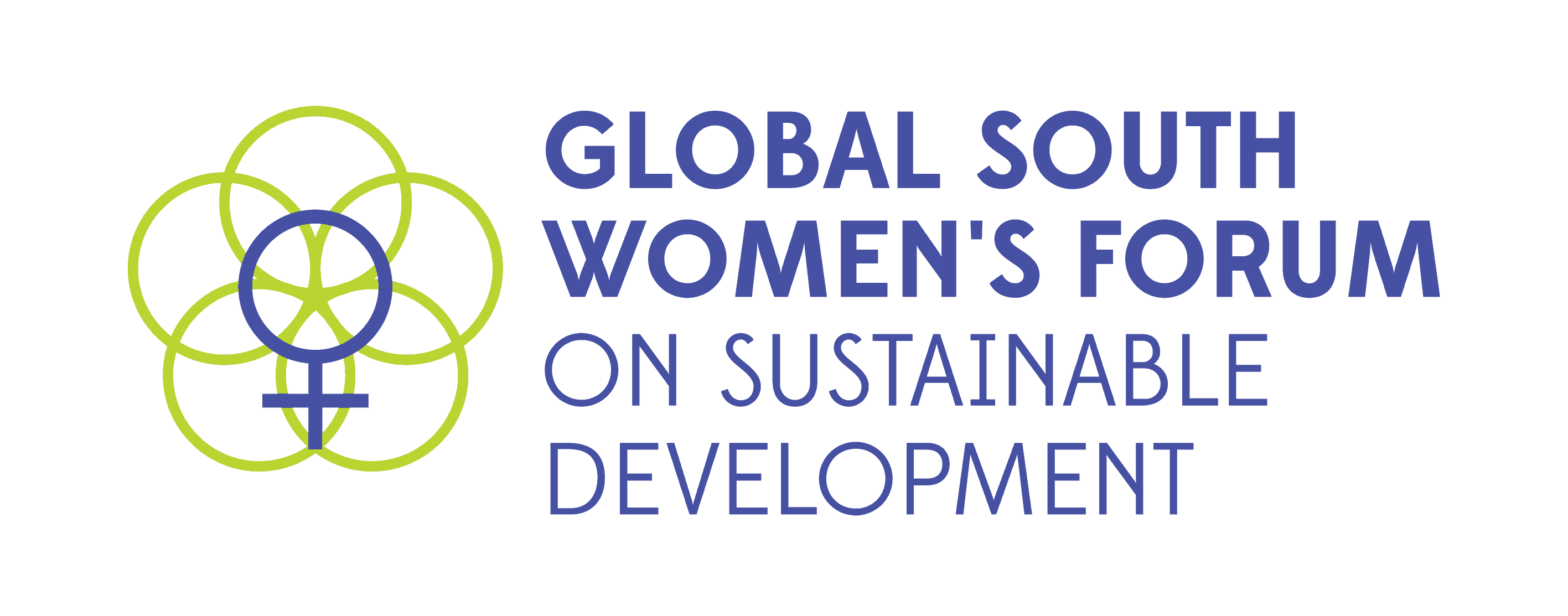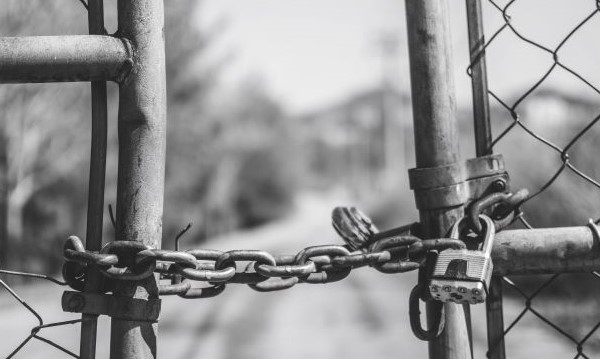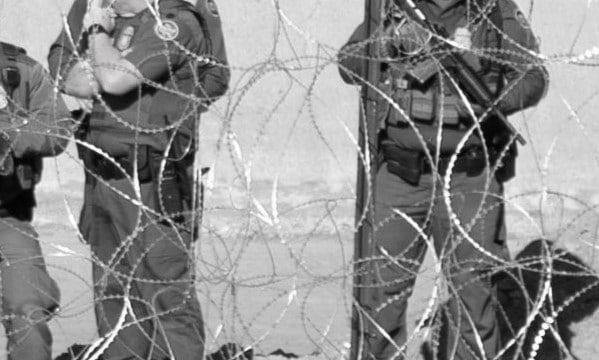Fighting for full citizenship: Nationality, borders, bodies and women’s autonomy
Discrimination against specific gender, ethnic, racial, religious or other identities is a key cause of statelessness. Discriminatory nationality laws violate international law protecting the right to nationality and non-discrimination, and can also lead to greater discrimination due to an individual’s stateless status. Gender-discriminatory laws, whereby women cannot confer nationality to their children on the same basis as men, can result in intergenerational statelessness. Almost fifty countries deny women’s equal right to confer nationality on a spouse, undermining women’s equal citizenship and equality in the family, which causes a wide range of violations including obstacles to accessing education, healthcare, employment, property and inheritance rights, and the freedom to choose a spouse, contributing to gender-based violence. Few countries have allowed trans and non-binary persons to obtain citizenship in the name and gender they self-determined.
The session discussed the importance of centering the impacted persons in any advocacy initiatives that affect their lives. Panelists discussed strategies for advancing gender-equal nationality rights, through collaborative activism and by demanding state accountability. They explored the benefits of centering affected individuals, promoting youth activism, and fostering solidarity with stateless communities to strengthen the feminist movement.
Speakers
Alicia Wallace is a queer Black feminist and gender expert who has worked on various projects including guides for Commonwealth parliamentarians on engaging young people in legal reform and for NGOs on post-legislative scrutiny, and has provided technical support for NGOs globally. She is the director of Equality Bahamas, which promotes women’s and LGBTQI+ rights through advocacy, public education, and community engagement. Current work includes the #Strike5ive campaign to criminalise marital rape and advocacy for a constitutional referendum for gender-equal nationality rights and non-discrimination. She is a weekly columnist for The Tribune on socio-political issues and has published numerous academic papers, toolkits and articles.
Nokuthula Mamba is a human rights and development practitioner with extensive experience of working with local and international stakeholders. The director of the Youth Sustainable Development Centre (YSDC), Ms. Mamba is passionate about human development and social reforms to advance empowerment, sustainability, and human security. YSDC is also a member of the Global Campaign for Equal Nationality Rights (GCENR).
Karima Chebbo manages the campaign ‘My Nationality is a Right for Me and My Family’, which fights for Lebanese women’s equal nationality rights and is housed at the Collective for Research on Development-Action. She acts as an observer member of Lebanon’s Parliamentary Human Rights Committee. Ms Chebbo is the general coordinator of the regional coalition ‘Equality without Reservations’, which advocates for the removal of CEDAW reservations by states in the Middle East-North Africa region, and is a member of the National Human Security Forum and the Global Campaign for Equal Nationality Rights.
Neha Gurung is co-founder of the Citizenship Affected People’s Network (CAPN), a national non-governmental organisation advancing the cause of equal citizenship rights in Nepal. As a stateless person with no legal identity in her own country, she fought for five years to successfully acquire citizenship. Currently, she is engaged with the Global Movement Against Statelessness as a co-lead of the Movement’s Interim Core Group, working on creating a platform for solidarity and a broader and deeper impact in the field of statelessness.
Patricia Low is one of the many Malaysian women affected by the country’s gender-discriminatory citizenship law, which denies citizenship by operation of law to children born abroad to women married to foreign spouses. Since returning to Malaysia, her non-citizen children have faced uncertainty and difficulty just to remain in the country she calls home. Together with the network of impacted mothers, she advocates for change by vocalising the issue, sharing lived realities, and engaging with the public and policymakers. She uses poetry as a tool for advocacy and has written and performed several poems on the issue. She is currently a research and communications coordinator at Family Frontiers.



